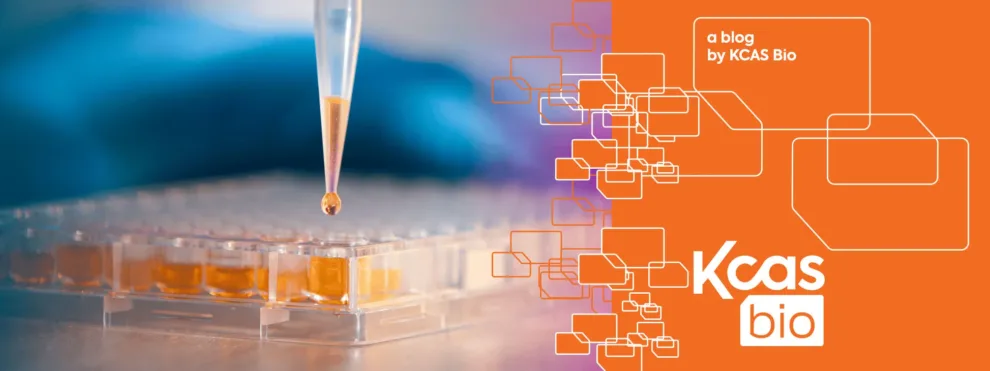Over the past decade, a continued discussion point has been the idea around analyzing samples on Ligand Binding Assay (LBA) platforms in singlet (one well) versus the standard duplicate analysis (Single sample added to two different wells). In the recent M10 Bioanalytical Method Validation Guideline issued for guidance in June of 2019 states, “When using LBA, study samples can be analyzed using an assay format of 1 or more well(s) per sample. The assay format should be specified in the protocol, study plan, or SOP. If method development and assay validation are performed using 1 or more well(s) per sample, then the study sample analysis should be performed using 1 or more well(s) per sample, respectively.” Although this statement isn’t definitive if Pharmacokinetic (PK) LBA assays require duplicate wells or if assays validated and samples further analyzed in singlet should be the new gold standard, this guidance has led to more discussion in this space over the past several years.
There has been much discussion regarding improvements in both instrumentation and reagents over the past two decades, still many are hesitant to make the switch from duplicate to a singlet analysis. Most labs continue to analyze samples with duplicate analysis for LBA assays. Singlet analysis for LBA assays is used in rare occasions when sample volume is very limited. One major benefit of singlet analysis is to minimize the need to bridge critical reagents as frequently on larger studies as more samples can be run per plate. Singlet analysis is best performed on robust methods that indicate very tight CVs, that result in very consistent data. This is determined from the data generated during method development and pre-validation performance of the assay. The answer to this question lies in the science of the method itself and requires pre-validation to be analyzed both in singlet and in duplicate to ensure the assay is robust and no differences are seen. At KCAS Bio, we include pre-validation into method development to pressure test the method prior to moving into the validation space.
KCAS Bio is passionate about science and the quality of the science we produce. We routinely analyze LBA samples in duplicate and work with our clients to solve problems when critical reagents or sample volume may be limited. At KCAS Bio we have a 40+ year history of bioanalysis and we don’t back down from being a maverick for change. We would like to hear from the community about your experiences using singlet analysis for LBA assays. We have a large team of scientists with years of experience developing bioanalytical assays and look forward to helping you navigate this sample analysis dilemma.

